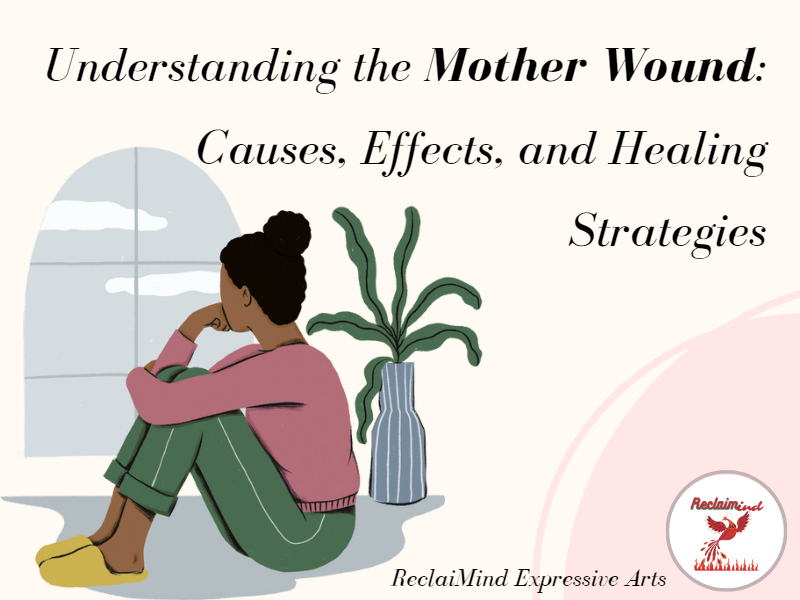Digital Reflections: When the Abyss of the Internet Gazes Back
- Eniokos

- Jun 7, 2023
- 2 min read
Updated: Oct 20, 2023
The intricate web of the digital world has become an extension of our lives, connecting us, informing us, and even defining us. But as we traverse the vast landscapes of the internet, a pertinent question arises: when we peer into the digital abyss, does the abyss gaze back at us?
You would have heard the famous quote from Friedrich Nietzsche: "When you gaze long into an abyss, the abyss also gazes into you." It eloquently expresses how the object of our contemplation can reciprocally influence us. When I think of the realm of the internet, the thought that crosses my mind is that, as we interact with the online world, it inherently gathers insights into who we are.
Every time we log on to the internet, we leave footprints. Every click, every visit, every transaction is tracked, traced, and stored. These digital footprints compile an online persona - a silhouette of our interests, behaviors, habits, and values. As we gaze into a site, the site gazes back at us.
Behind the scenes, complex algorithms are at play, meticulously tracking and analyzing our activities. Search engines, social media platforms, and even e-commerce websites utilize cookies and similar technologies to personalize and enhance our digital experience. They learn from us to serve us better.
However, this continual digital surveillance is a double-edged sword. On one hand, it facilitates convenience. It's why your favorite e-commerce platform suggests products based on your browsing history, or why your social media feed aligns with your personal interests. The algorithmic abyss mirrors our desires and curiosities, providing a customized experience that often feels intuitive and seamless. The same tool creates internet or social media addiction in vulnerable people - children and teenagers included.
The persistent gaze of the digital abyss can have other implications for our mental health. The perpetual feedback loop can create a tunnel vision effect, where the content we are exposed to reinforces our existing beliefs and preferences. This echo chamber can insulate us from diverse perspectives and promote a sense of isolation. As people grow more and more opinionated, ready to engage only to express their points of views and unwilling to listen to others' realities, societies - physical and online - grow more and more fragmented and polarized.
Additionally, the surveillance-induced anxiety, often referred to as "the panopticon effect," can also weigh heavily on our psychological well-being. The constant knowledge that we are being observed and analyzed can trigger feelings of intrusion and unease.
As we interact with the internet, it is essential to be mindful of this reciprocal gaze. The abyss of the digital world doesn't just provide us with information, but it also learns from us, shapes us, and, at times, mirrors back at us the parts of ourselves that we might not be comfortable confronting.
In the end, our relationship with the digital world is much like any other relationship in our lives. It requires balance, awareness, and healthy boundaries. As we stand at the precipice of the digital abyss, we must remember that while it looks back at us, we have the power to choose how it influences our lives. Remembering this can help us navigate the vast expanse of the digital world, protecting our mental health while reaping the benefits of this extraordinary resource.





Comments